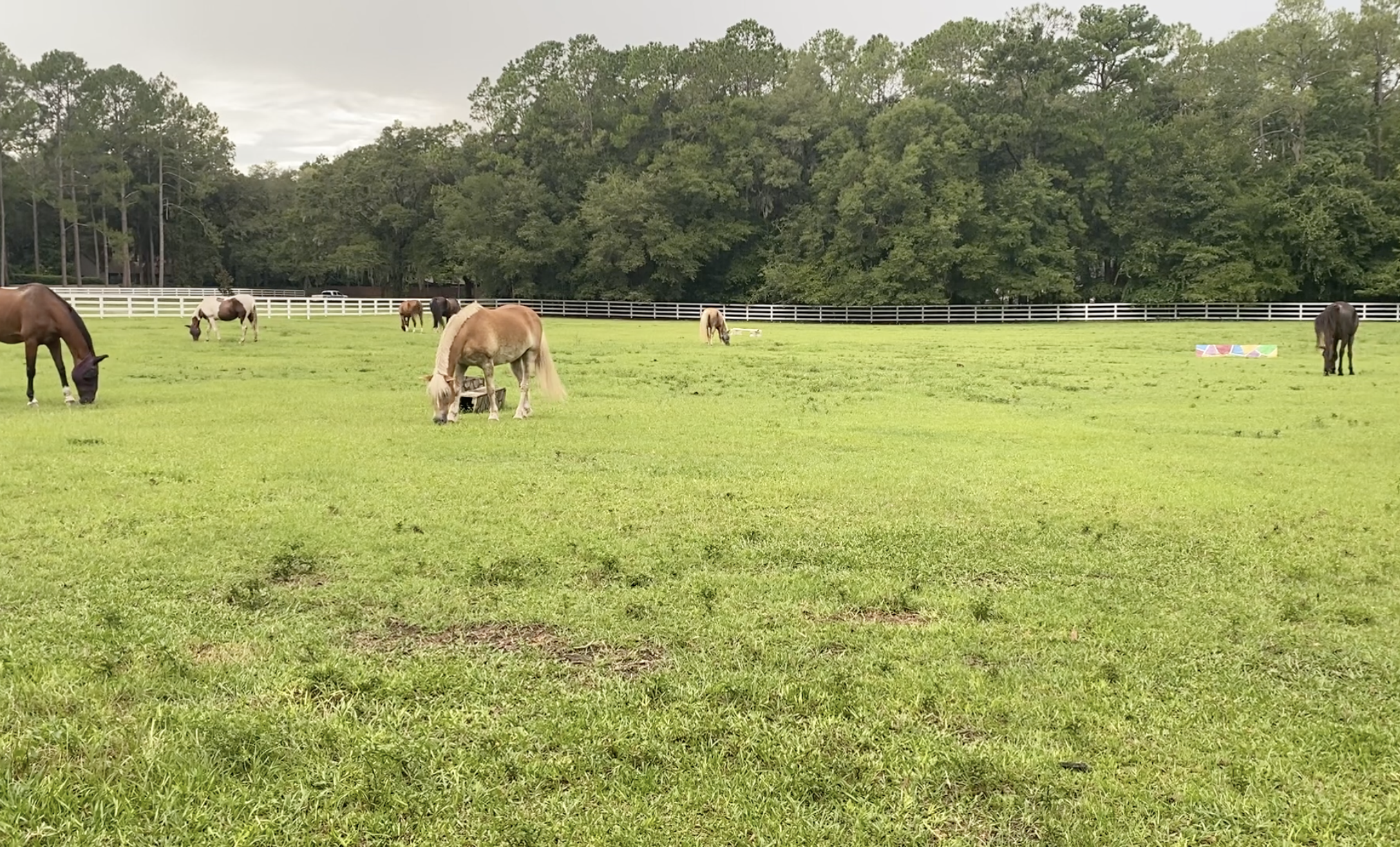Drug abuse and overdose have been persistent issues in the United States, impacting millions of lives and tearing families apart. This comprehensive guide will provide insights into the factors contributing to drug abuse and overdose, offer effective strategies to help a family member grappling with addiction, and share links to free resources to help families navigate this challenging time.
Understanding Drug Abuse and Overdose in the USA:
Drug abuse is the misuse of prescription medications, illicit drugs, or over-the-counter substances, causing harm to the individual and society. In the United States, drug overdose deaths have reached epidemic levels, with opioids, such as heroin and prescription painkillers, being major contributors.
Factors contributing to drug abuse and overdose include genetic predisposition, mental health issues, lack of access to treatment, and social factors such as poverty, unemployment, and peer pressure. Addressing these factors can help to reduce the prevalence of drug abuse and overdose in the USA.
How to Help a Family Member Struggling with Addiction:
- Learn about addiction: Educate yourself on the signs and symptoms of drug addiction, and understand the physical, emotional, and mental effects it has on your loved one.
- Show empathy and support: Let your family member know that you care about their well-being and are there to support them through the recovery process.
- Encourage professional help: Encourage your loved one to seek professional help from a doctor, therapist, or addiction specialist.
- Attend support groups: Join a support group for families affected by addiction, such as Al-Anon or Nar-Anon, to gain insights and emotional support from others going through similar experiences.
- Set boundaries: Establish clear boundaries to protect yourself and other family members from the negative effects of addiction, such as enabling behavior or financial strain.
- Maintain open communication: Keep the lines of communication open, and encourage your loved one to share their thoughts and feelings about their recovery journey.
You Can Find Free Help For Drug Abuse:
SAMHSA’s National Helpline: Call 1-800-662-HELP (4357) for 24/7, free, confidential support for individuals and families facing substance abuse and mental health issues.
The National Council on Alcoholism and Drug Dependence (NCADD): Visit https://www.ncadd.org/ to access resources, educational materials, and support services for individuals and families affected by addiction.
Al-Anon and Nar-Anon: Find local support group meetings for families affected by a loved one’s addiction at https://al-anon.org/ and https://www.nar-anon.org/.
NIDA (National Institute on Drug Abuse): Access free information on drug addiction, treatment options, and prevention strategies at https://www.drugabuse.gov/.
Drug abuse and overdose are complex issues that require a multifaceted approach to prevention, treatment, and support. By understanding the contributing factors and providing the necessary support to a family member struggling with addiction, it is possible to foster healing and promote lasting recovery. The free resources listed above can help families access valuable information and support during this challenging time. Additionally, the Q&A section offers insights into common questions and concerns related to drug abuse.
Q&A Section:
Q: What are the signs of drug abuse and addiction?
A: Common signs include changes in appearance, behavior, and social habits, frequent mood swings, financial difficulties, and withdrawal symptoms when not using the substance.
Q: How can I approach my loved one about their addiction?
A: Choose a calm, private setting and express your concerns using "I" statements. Offer your support and encourage them to seek professional help.
Q: How can I prevent relapse during recovery?
A: Encourage your loved one to maintain a strong support system, attend therapy or support group meetings, and develop healthy
coping mechanisms. Be patient and understanding as they navigate their recovery journey.
Q: What is the role of detoxification in the recovery process?
A: Detoxification is the process of clearing the body of harmful substances, allowing the individual to begin their recovery journey. Medical supervision is often necessary to manage withdrawal symptoms and prevent complications.
Q: How long does the recovery process take?
A: Recovery is an ongoing, lifelong process. The length of time it takes to achieve lasting sobriety varies for each individual and is influenced by factors such as the severity of addiction, underlying mental health issues, and the individual's commitment to recovery.









